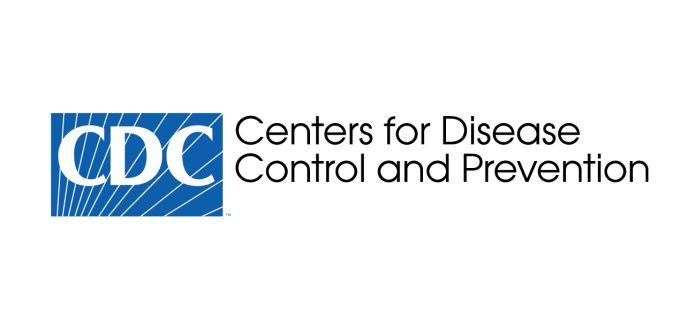The Centers for Disease Control and Prevention issued a press release the number of young people under age 20 with diabetes in the United States is likely to increase more rapidly in future decades, according to a new modeling study published today in Diabetes Care.
Researchers forecasted a growing number of people under age 20 newly diagnosed with diabetes during 2017–2060.
This expected upward trend may lead to as many as 220,000 young people having type 2 diabetes in 2060 — a nearly 700% increase — and the number of young people with type 1 diabetes could increase by as much as 65% in the next 40 years. Even if the rate of new diabetes diagnoses among young people remains the same over the decades, type 2 diabetes diagnoses could increase nearly 70% and type 1 diabetes diagnoses could increase 3% by 2060.
Type 1 diabetes remains more common in U.S. youth, but type 2 diabetes has substantially increased among young people over the last two decades. Given this upward trend, a total of 526,000 young people may have diabetes (including both type 1 and type 2 diabetes) by 2060. Comparatively, 213,000 young people in the United States had diabetes in 2017.
“This new research should serve as a wake-up call for all of us. It’s vital that we focus our efforts to ensure all Americans, especially our young people, are the healthiest they can be,” CDC Acting Principal Deputy Director Debra Houry, MD, MPH, stated in the press release. “The COVID-19 pandemic underscored how critically important it is to address chronic diseases, like diabetes. This study further highlights the importance of continuing efforts to prevent and manage chronic diseases, not only for our current population but also for generations to come.”
In addition to the overall predictions, analyses of these data by race and ethnicity predicted a higher burden of type 2 diabetes for Black, Hispanic/Latino, Asian, Pacific Islander, and American Indian/Alaska Native youth.
“Increases in diabetes — especially among young people — are always worrisome, but these numbers are alarming,” Christopher Holliday, PhD, MPH, MA, FACHE, director of CDC’s Division of Diabetes Translation, stated in the press release. “This study’s startling projections of type 2 diabetes increases show why it is crucial to advance health equity and reduce the widespread disparities that already take a toll on people’s health.”




